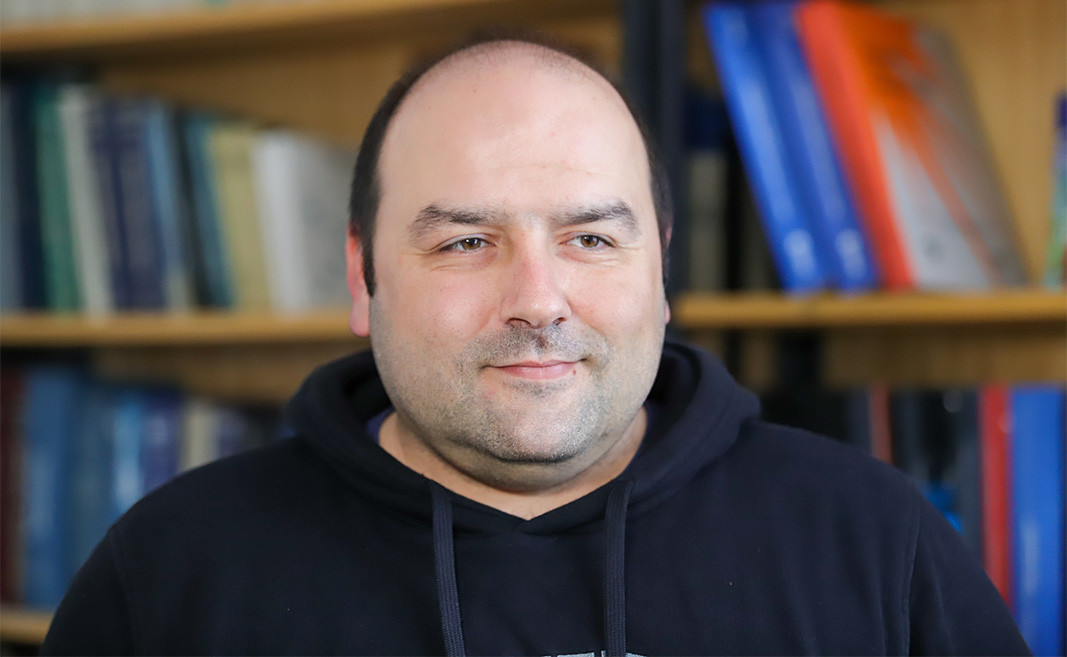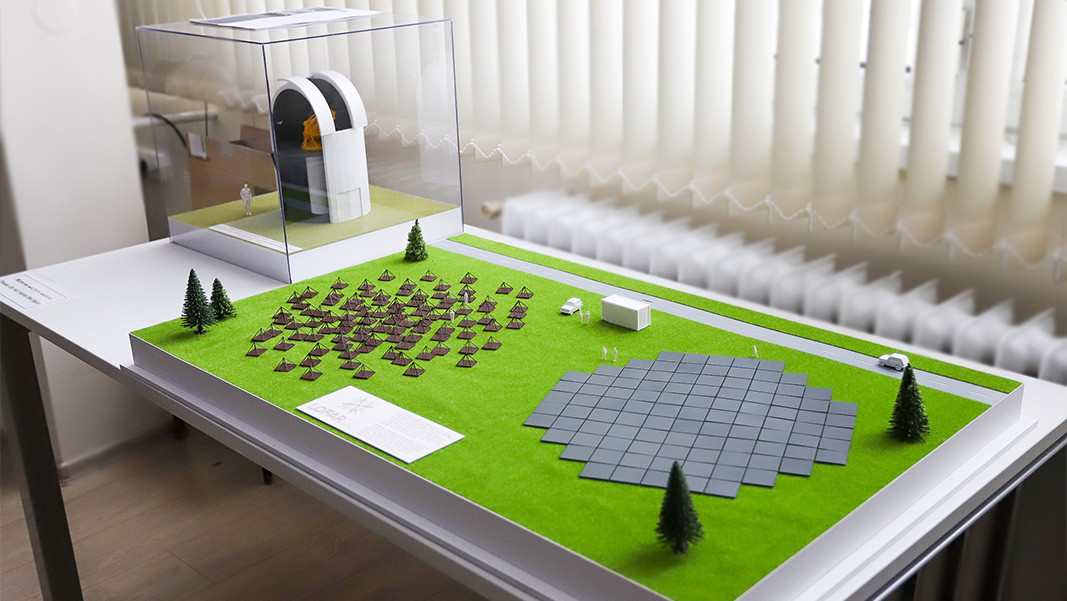"Each station has a large number of relatively simple radio antennas which, using modern technology, electronics and computers, can together observe the same objects in the sky - points out in an interview for Bulgarian National Radio Associate Professor Kamen Kozarev from the Institute of Astronomy with the National Astronomical Observatory at BAS. - If all these observing stations work simultaneously, the radio telescope can achieve very high resolution".
"In fact, with this telescope we can observe all sorts of phenomena from the universe's inception and the birth of the first stars to exploring our ionosphere and studying our own sun.Two more stations will be built by 2025. One will be in Bulgaria and the other in Italy, with our station being the first on the Balkan Peninsula and in south-eastern Europe in general. It will be the southernmost and easternmost radio telescope station, and the northernmost is in Sweden. The group of participating countries also includes Germany, France, Poland, the United Kingdom and Latvia".
The new observation station in Bulgaria will be built next to the Rozhen National Astronomical Observatory. Dipole antennas will be positioned on the site, which will be the size of a football field.

The project is funded by the Bulgarian government through the National Roadmap for Research Infrastructure. The station is currently under construction and details of where the antennas will be located are being carefully planned. According to Associate Professor Kozarev, Bulgaria has a tradition in optical astronomy, with a brand new optical telescope recently commissioned at the Rozhen Observatory, but researchers in the country have little experience of radio astronomy. Once the radio telescope is built, it will be able to work with the other stations as well as independently, allowing Bulgarian researchers to carry out valuable new research on different objects.
"The main interest of our radio telescope group is the study of the Sun and the activity in the ionosphere caused by solar activity.
We are currently recruiting specialists and building a very strong team. I dare say that it will be fully prepared for the modern technology and science of the 21st century. It is very important for us to keep up with modern scientific developments.The Bulgarian Embassy in Beijing said that there are currently no reports of Bulgarian citizens injured in the earthquake in Tibet, China, the Ministry of Foreign Affairs told BTA. At least 95 people have died following the powerful earthquake..
Negotiations for the formation of a regular government within the 51st National Assembly have not resumed at this stage. At the end of last week, GERB-SDS announced that they were terminating the negotiations with Democratic Bulgaria, BSP-United Left..
We Continue the Change – Democratic Bulgaria has submitted a bill to amend the Electoral Code to ensure that the votes of Bulgarian citizens are counted according to their free will. "Because of the obvious shortcomings of the current practice and..
From 2 April 2025, the UK will introduce the issuance of an electronic transit and short-term residence permit for citizens of all EU countries ,..
The metapneumovirus is not new and does not lead to severe illnesses. There is already a decrease in morbidity in China and there are no deaths there,..
A protocol for cooperation and exchange between the Ministries of Education and Science in Bulgaria and Ukraine for 4 academic years until 2028 was..

+359 2 9336 661
